Most of us have woken up with a damp pillow at some point in our lives. A little drool here and there during sleep is often harmless. But what if it starts happening more often? What if one day you realize your shirt is soaked—or it’s always from the same side of your mouth?
That’s exactly what happened to Xiao Liang.
He thought he was just overtired. But his body was trying to warn him of something far more serious.
A Real-Life Wake-Up Call
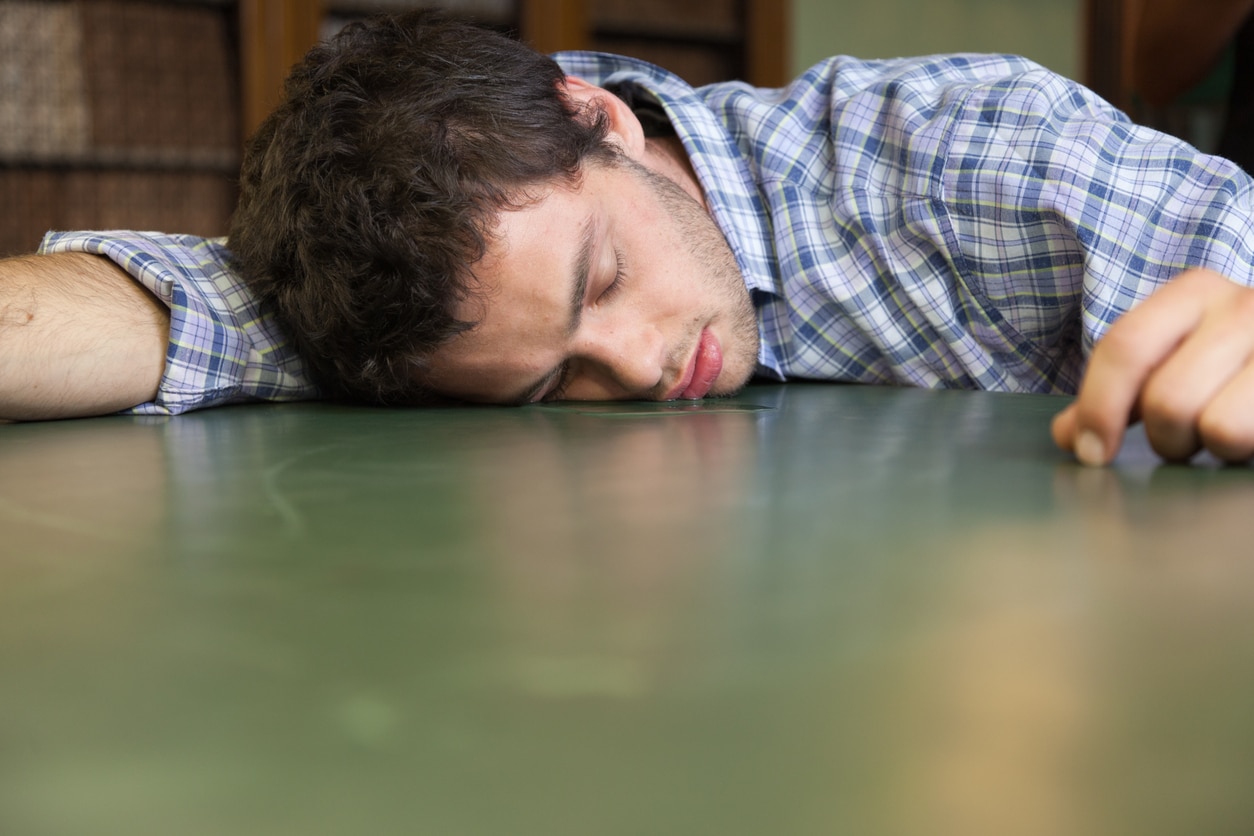
Xiao’s Story: When Drooling Meant Something More
Xiao Liang, a 25-year-old software developer from China, had always been proud of his work ethic. He stayed late at the office, coded deep into the night, and squeezed in gaming marathons on weekends. He brushed off his fatigue as part of the hustle.
But over time, something odd kept happening: he would wake up after quick naps or deep sleeps with wet patches on his pillow—and it was always from the left side of his mouth. At first, he was simply embarrassed. Then, he grew concerned.
His doctor listened closely. A few subtle facial symptoms led them to order a CT scan.
What they found surprised them both: early signs of a blockage in a blood vessel in the brain—a possible precursor to a stroke. Because it was caught early, Xiao received treatment and made lifestyle changes that may have saved his life.
And all because he didn’t ignore his drooling.
What Causes Drooling in Sleep?
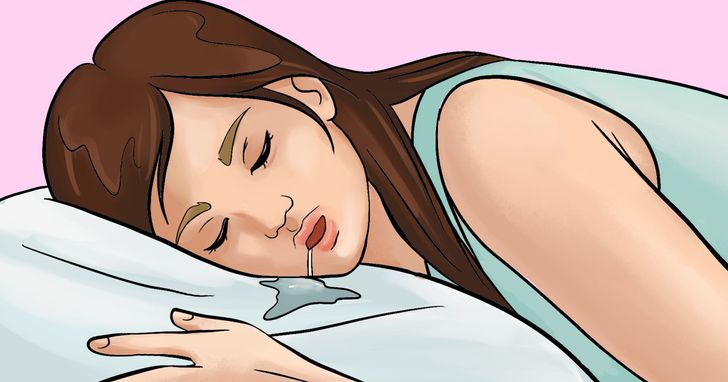
The Science of Saliva
Saliva might seem like a small detail, but it plays a major role in keeping us healthy. It’s produced by salivary glands, which are controlled by the autonomic nervous system—meaning we don’t consciously control when or how much we salivate.
On average, adults produce about 1 to 1.5 liters of saliva each day. Production increases when we eat, think about food, or activate certain nerve pathways.
At night, saliva production naturally decreases. That’s why persistent or excessive drooling during sleep—especially in adults—can be a red flag.
Common and Not-So-Common Causes of Nighttime Drooling

1. Oral Health Problems
If you have inflamed gums (gingivitis), throat infections, or even misaligned teeth, your mouth may struggle to close fully during sleep. This can lead to unintentional drooling. Ill-fitting dentures or braces can also contribute.
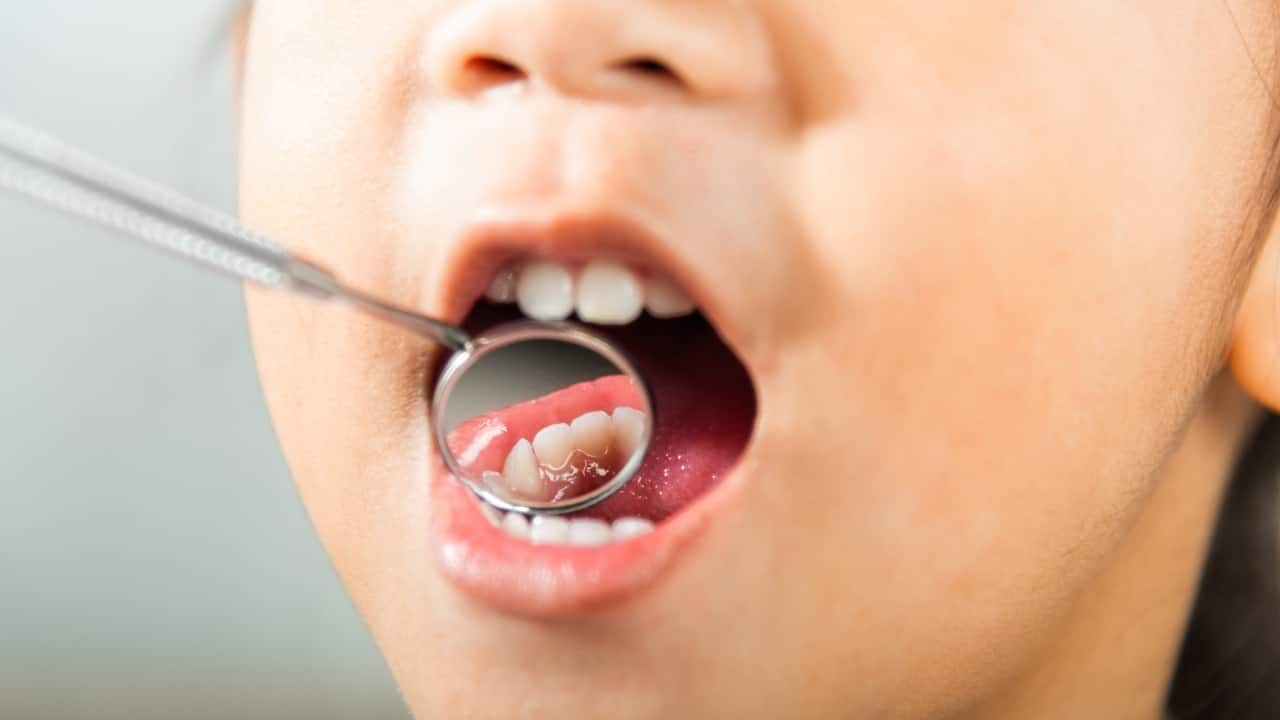
What to do: See your dentist. Treating underlying dental issues can often reduce nighttime saliva leakage.
2. Facial Muscle Weakness or Paralysis
Conditions like Bell’s palsy can cause weakness on one side of the face, making it hard to hold in saliva. In some cases, drooling may also occur during the day.
Warning signs: Uneven smile, drooping eyelid or mouth corner, or trouble closing one eye.
What to do: Seek medical care immediately—facial nerve issues are often treatable, especially if diagnosed early.
3. Gastroesophageal Reflux Disease (GERD)
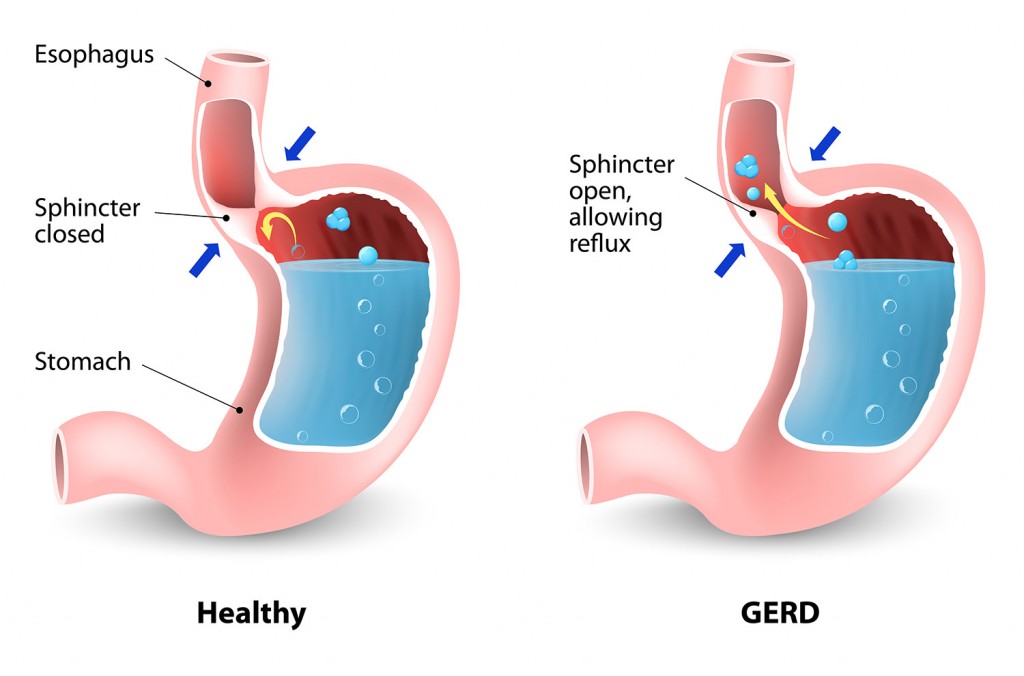
Acid reflux can sometimes stimulate excess saliva as a defense mechanism. People with GERD may not even feel the classic “heartburn,” but they might experience a sore throat, bad taste in the mouth, or nighttime coughing.
What to do: Avoid heavy meals before bed, elevate your sleeping position, and consult a doctor for diagnosis.
4. Neurological Conditions
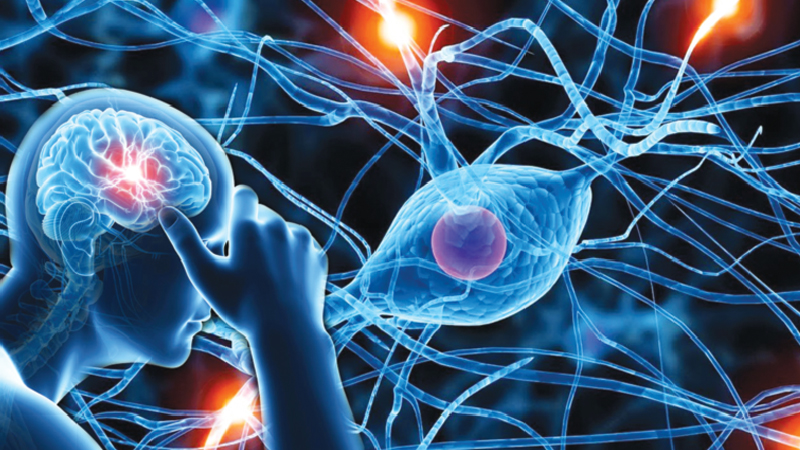
Some conditions affect the body’s ability to swallow or control facial muscles, leading to drooling. These include:
-
Parkinson’s disease
-
Cerebral thrombosis
-
Amyotrophic lateral sclerosis (ALS)
In these cases, drooling may be one of many signs pointing to nerve or muscle impairment.
What to do: If drooling is accompanied by tremors, slurred speech, or difficulty swallowing, see a neurologist.
5. Vascular Conditions Like Arteriosclerosis
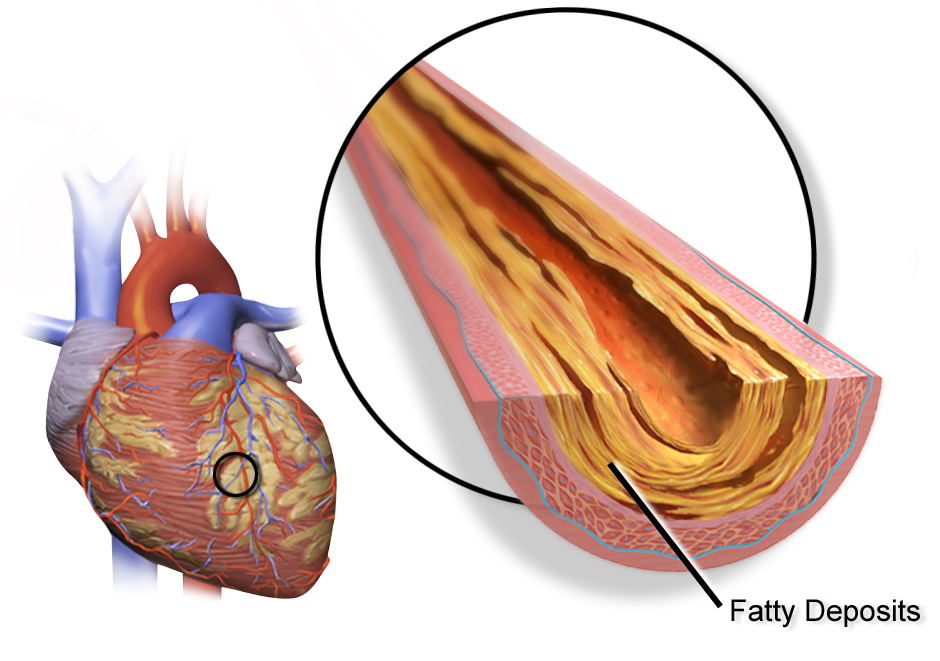
Reduced blood flow to the brain can subtly affect motor control, including muscles around the mouth. This may lead to drooling without other obvious signs.
People with high blood pressure, diabetes, or high cholesterol should be especially vigilant.
What to do: Manage cardiovascular risk factors and talk to your doctor if new symptoms appear.
6. Sleep Position and Mouth Breathing
Not all drooling is serious. Sometimes, it’s just how we sleep.
Sleeping on your side or stomach may let gravity do the work, especially if you breathe through your mouth due to allergies, nasal congestion, or sleep apnea.
What to do: Try sleeping on your back. Use a neck pillow or wedge to support proper alignment and discourage mouth breathing.
When Should You Worry About Drooling?
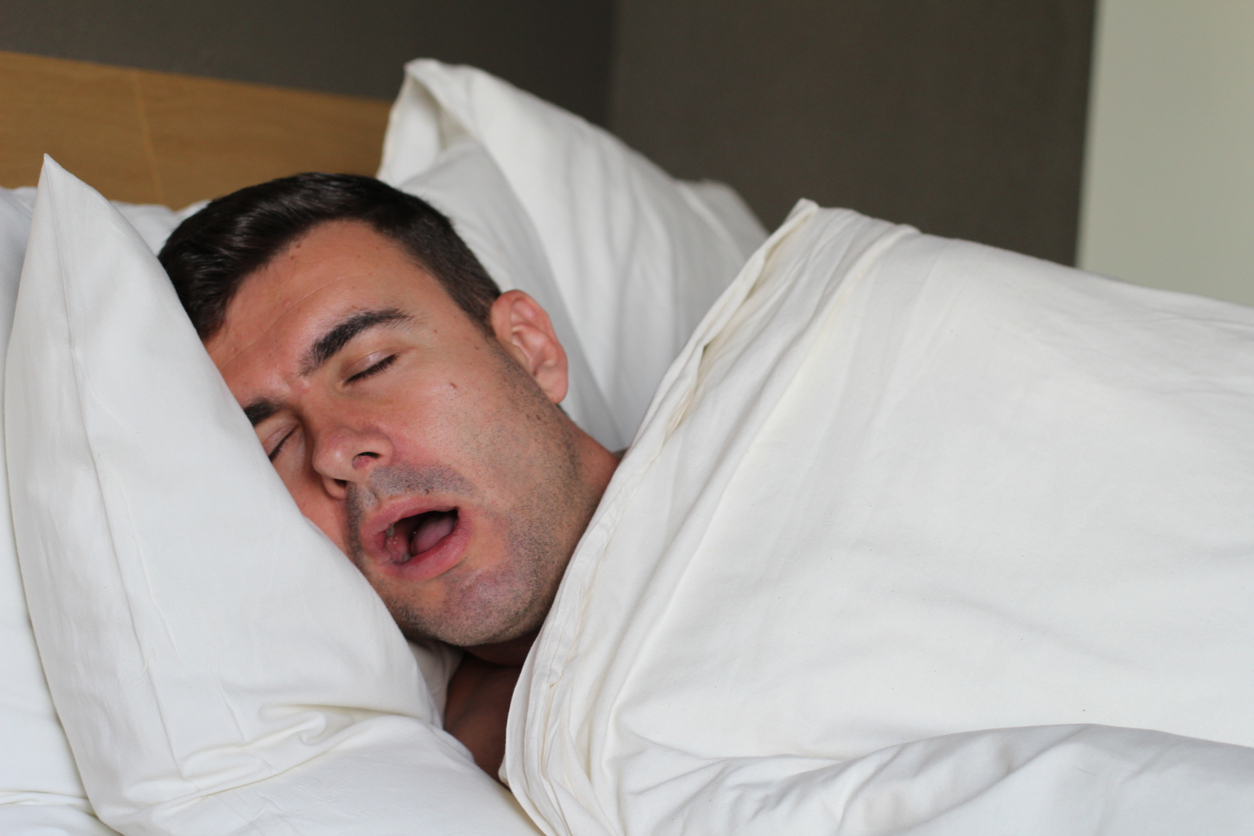
Persistent drooling in adults—especially if it’s new or one-sided—shouldn’t be ignored. Ask yourself:
-
Is it happening more than once or twice a week?
-
Is it always from the same side of the mouth?
-
Is it accompanied by other symptoms like headaches, facial numbness, or speech difficulty?
If you answer yes to any of these, it’s time to consult a healthcare provider.
Tips to Reduce or Manage Drooling at Night

Adjust Your Sleeping Position
Sleeping on your back helps keep your head aligned and reduces pressure on one side of the face. Avoid sleeping on your stomach, which promotes mouth breathing.
Treat Nasal Congestion
If you’re breathing through your mouth at night, you may have a nasal blockage. Treat seasonal allergies or sinus infections, and consider using a humidifier in your room.
Practice Good Oral Hygiene
Healthy gums and teeth make a big difference. Brush twice a day, floss, and visit the dentist regularly. Oral inflammation can contribute to excess saliva.
Stay Hydrated—but Not Too Late
Drink enough water during the day to avoid dry mouth at night. But avoid drinking large amounts right before bed to reduce the risk of nighttime mouth-breathing or reflux.
Monitor Medications
Some medications (especially for psychiatric or neurological conditions) may increase saliva production. If you suspect your meds are a factor, don’t stop taking them—but do speak to your doctor.
Frequently Asked Questions (FAQ)
Is it normal to drool in your sleep?
Occasional drooling is common and usually harmless, especially if caused by sleep position or mild congestion. But frequent or one-sided drooling may require medical attention.
Can stress cause drooling?
Yes. Chronic stress and fatigue can affect how the nervous system regulates saliva. High stress may lead to mouth breathing or poor sleep posture, which in turn can increase drooling.
When should I see a doctor?
You should consult a doctor if you:
-
Drool frequently (more than a few times per week)
-
Experience facial weakness or asymmetry
-
Have other neurological symptoms
-
Have a history of cardiovascular risk factors
Can drooling be treated?
Yes. Treatment depends on the cause. Solutions range from sleep position adjustments to managing underlying health conditions. In rare cases, medications or therapies can help reduce saliva production.
Sources:
